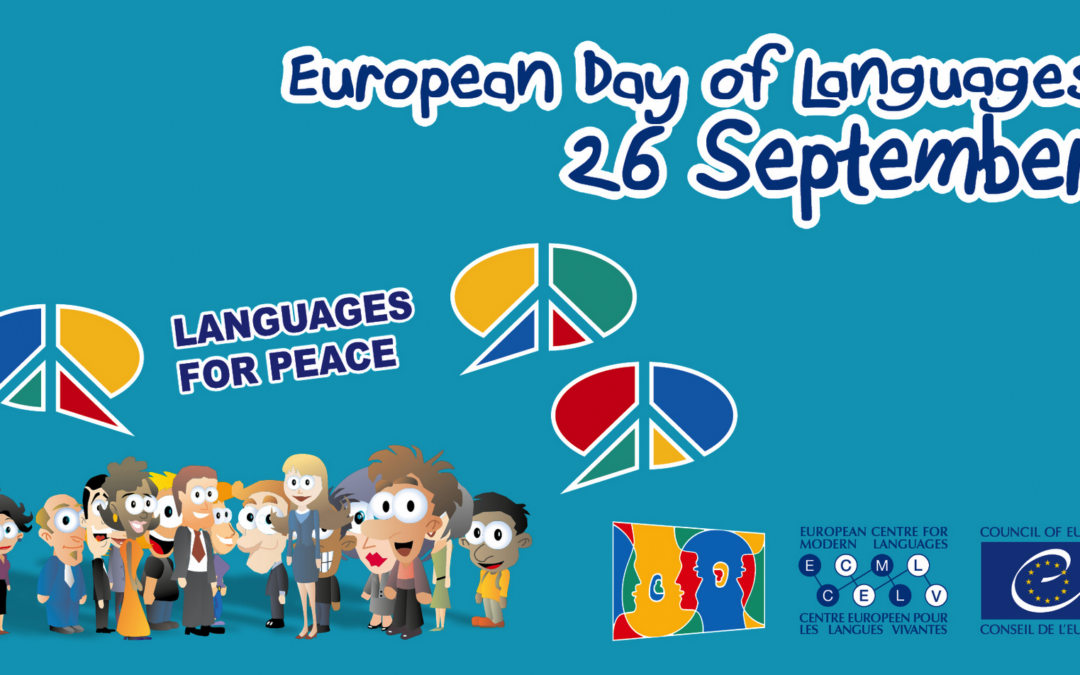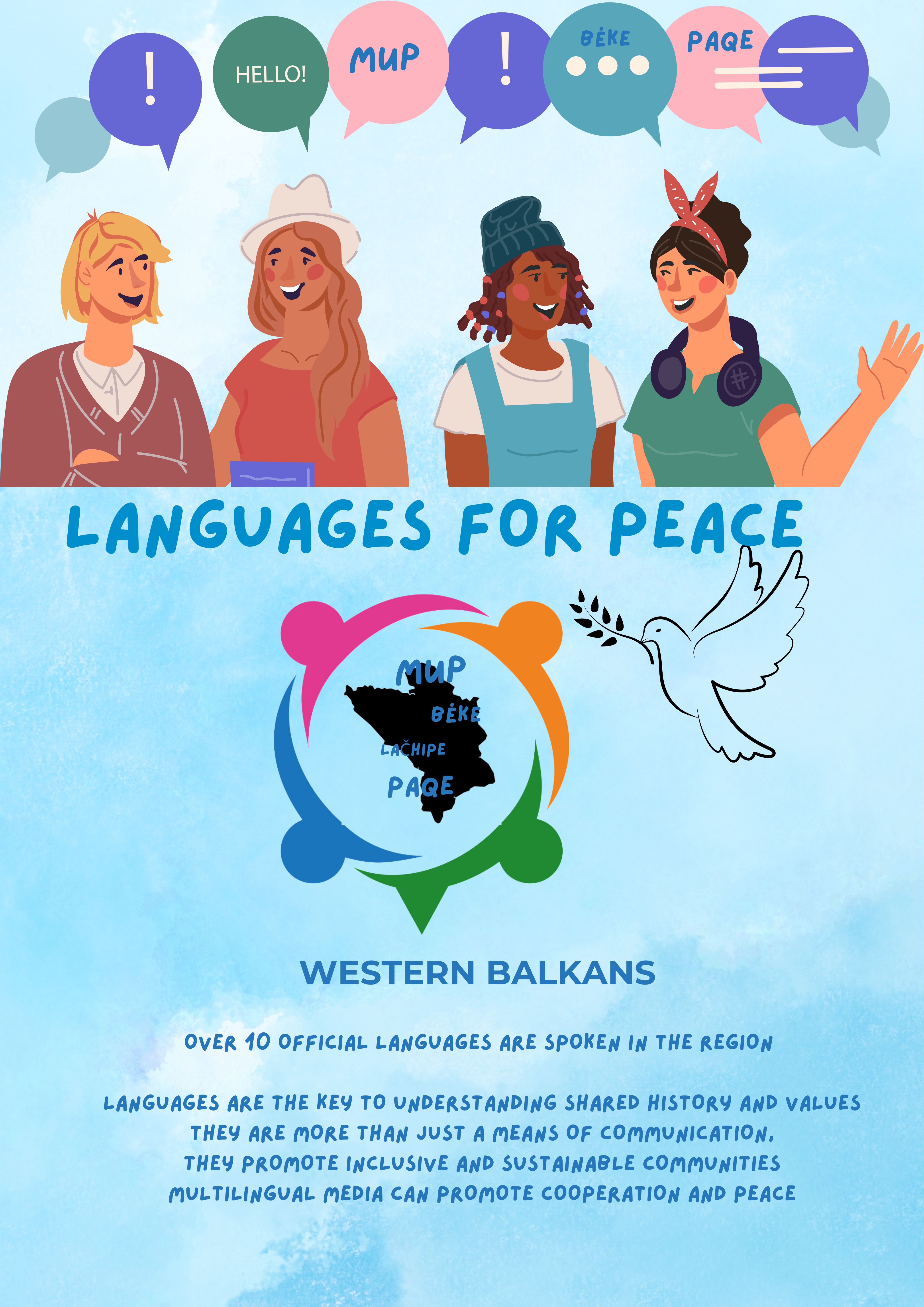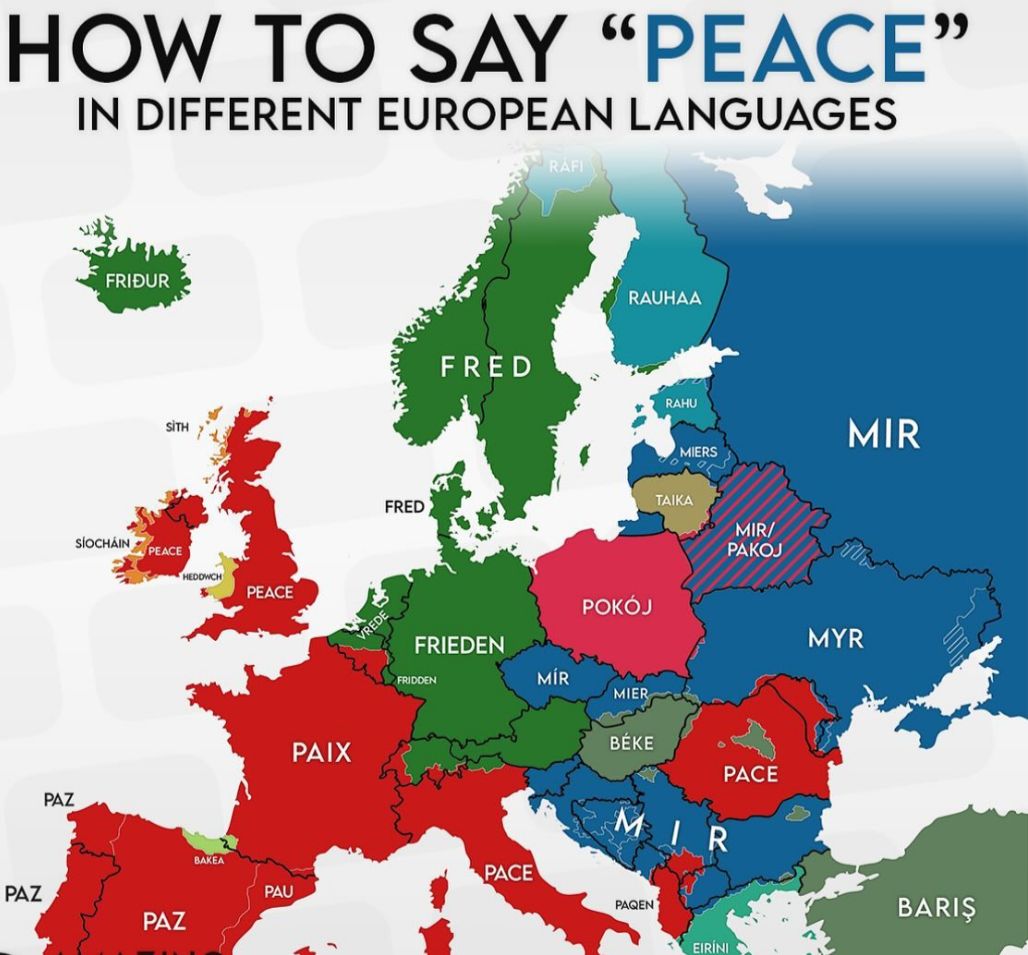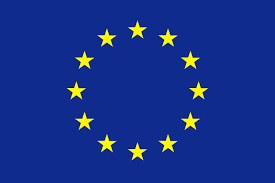
ISED participated in European Language for Peace initiative

The European Day of Languages on 26 September and this year it is celebrated under the motto of “Languages for peace” – highlighting how linguistic diversity and language education can play a key role in promoting a culture of peace, living together and democracy.
Western Balkans has more than 10 official languages spoken across the region and is very diversified region. Hence, Institute for Socioeconomic Development of the Western Balkans decided to join this wonderful initiative and has celebrated European Language day. If you like languages, or your organization likes to organize similar initiatives, the institute is inviting you to join this wonderful call. A huge choice of resources is on offer on the dedicated EDL website, among the new ones are: ‘20 ideas for this year’s European Day of Languages’, a brochure for young people providing an insight into some of Europe’s regional and minority languages, a series of posters with interesting language trivia, a guide for pronouncing Irish names, a ‘secret agent’s’ language challenges app; a language-inspired board game called “Linguine” and well as a host of initiatives and competitions.
Languages are more than a means of communication—they are a gateway to understanding our shared history and values. As the world becomes more connected, the ability to speak and learn multiple languages is a vital tool for building inclusive and sustainable communities.💬

*picture credits: Amazing maps


